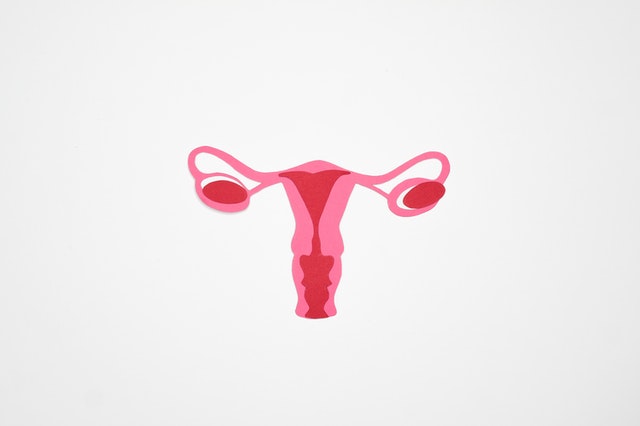Keeping track of your ovarian health is a vital part of your overall well-being. For the best chance at optimal ovarian and reproductive health. Many different types of factors influence your sexual and more specifically ovarian well-being.
Maintaining a healthy diet, having good personal hygiene, and working out on regular basis are all excellent ways to keep your whole self healthy.
But for women, it’s important to keep track of reproductive health as well. Here are five easy ways that you can keep your ovarian health on track.
#1 Stay Informed
Taking the initiative to read articles like this one is the best way to gain a better understanding of your body. Books on women’s health provide a more in-depth and extensive source of information on specific topics, such as menopause or fertility. You can join any of hundreds of online communities that focus on women’s reproductive wellness. You may also have local organizations that stand to provide information and resources for women seeking to improve or learn about sexual, reproductive, and ovarian health. Check with your local OB/GYN or the health department in your area. They may have insight about any groups in your community and can tell you how to contact the orchestrators for more information.
#2 Menstrual Calendars
There are dozens of period-tracker apps available both on Apple’s App Store and the Google Play store. There are even more platforms online available online. A simple search using the keywords “period tracker,” can bring up infinite websites. Each calendar, tracker, or another type of date-based menstruation log has different features that you may find more useful or less important. Some of the most popular features include:
- Educational Insight
- Cycle Analysis
- Ovulation Cycle
- Symptom Record
- Three Month or Longer Calendar
- Pregnancy Planning
- Birth Control Reminders
- Integration with Other Health-Tracking Apps and Devices
Alternatives to online platforms are accessible as well. If you like, you can search Pinterest for a printable period-tracking template. Then you’ll be able to download the template and print it from your device. However, if you don’t have access to a printer, you can use a physical calendar or inexpensive monthly planner to mark the date your cycle begins and then mark the day when it ends. You can also use post-it notes or stickers to track any irregularities or your symptoms.
#3 Regular OB/GYN Visits
Any woman age 18 and older should see a gynecologist once a year. During this visit, you can talk with your doctor, ask any questions or discuss any concerns you might have. If you’re over 21 you should have a pap-smear done annually to screen for any possible issues. A pelvic exam is common for women who’ve just turned 21 but also may be needed to diagnose or rule out various disorders. If you’re having problems such as abnormal discharge, irregular bleeding, you should talk to your gynecologist as soon as you notice the issue. If you’re new to an area or if you need to find a provider, you can find a list of resources by searching online for a gynecologist near me. From there, click through and call around to find the best provider for you.
#4 Reduce Stress
Did you know that moderate or higher stress levels have a substantial effect on your ovarian health? Researchers have discovered a connection between stress and PCOS (Polycystic Ovarian Syndrome), infertility, and Ovarian Cancer, individually. Emotional stress, in particular, causes a hormonal imbalance which in turn disrupts your ovulation and menstruation cycle. Finding ways to lower your stress levels is a vital factor to every aspect of your good health and living well.
Recommended Reading :
- Health Tips To Follow During Your Pregnancy Phase
- 6 Reasons Why You Might Be Having Trouble Sleeping
- How Glucose Levels Affect Your Body
- 6 Kitchen Herbs And Spices To Boost Fertility
- How Do I Feed My Feminine Energy
#5 Pay Attention to Your Body
When you notice unusual things concerning your period, sexual activity, or pelvic area, it’s not something to ignore. Overlooked symptoms can lead to serious complications. Even minor irregularities that seem harmless can indicate big problems. Here is are two lists of symptoms to watch for. Be sure to contact your provider if you notice any of these things with your body.
Symptoms of an Ovarian Cyst:
- Pain during your period or sex
- Missed period or additional bleeding
- Aching in your thighs and lower back
- Trouble emptying your bladder all the way
Symptoms of PCOS:
- Irregularity or absence of your period
- Unusual or excessive body hair
- Weight gain or trouble losing weight






















